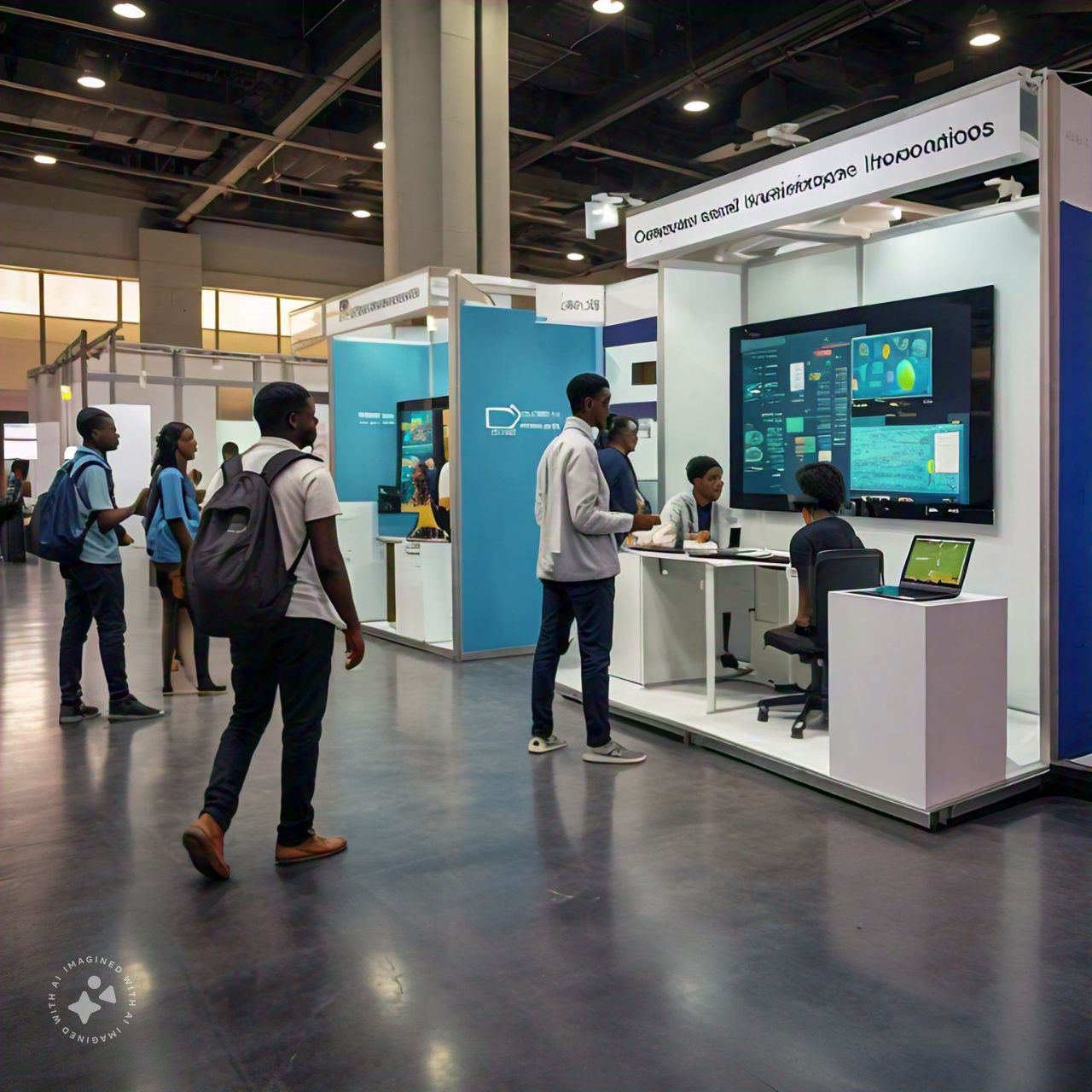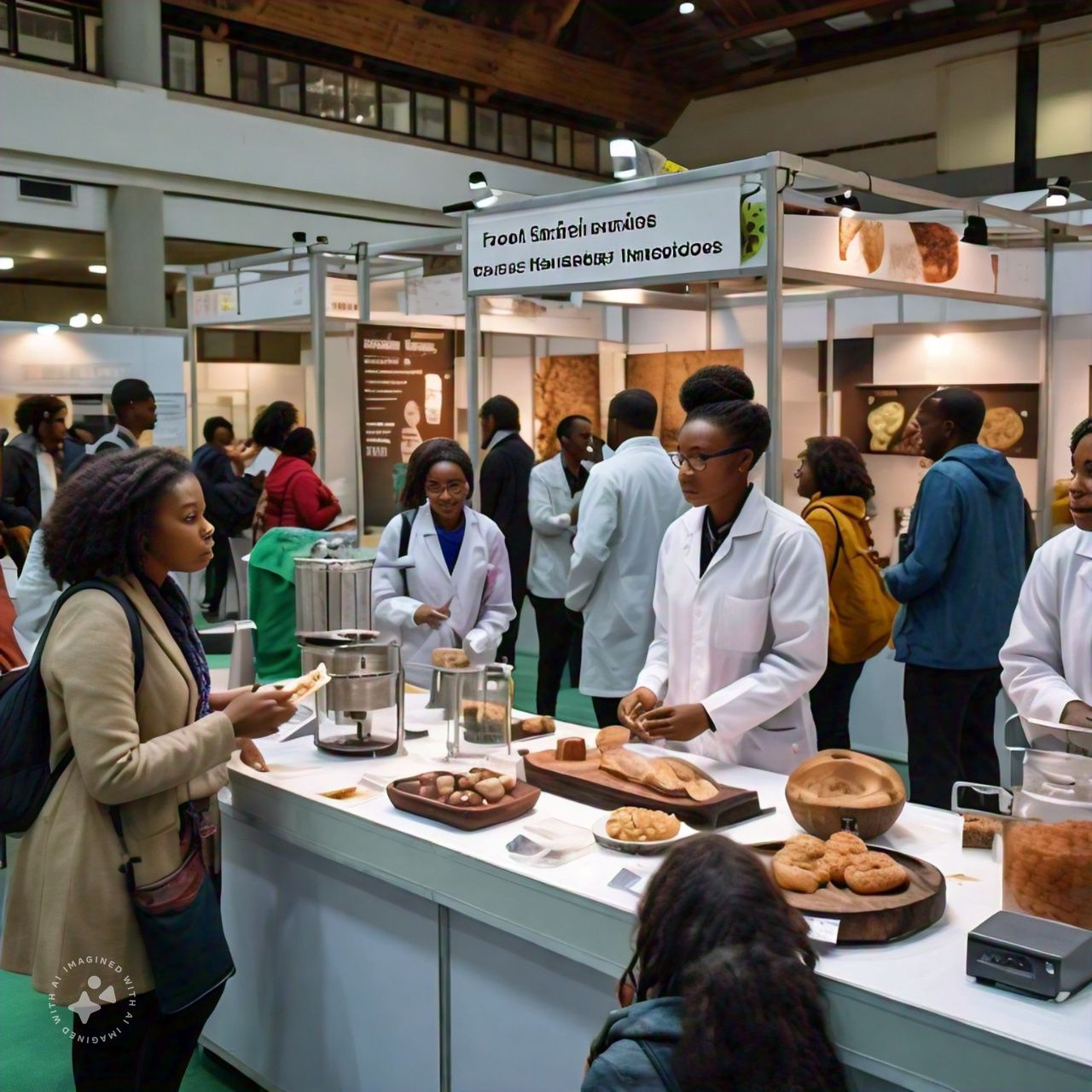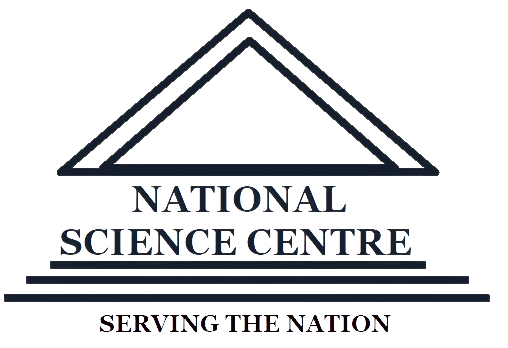About JETS
Junior Engineers Technicians and Scientists (JETS) is an initiative of the Ministry of Education that offers a dynamic platform for students, teachers, and young people to come up with innovative, human-centered solutions to the challenges facing their communities. Operating under the guiding principle of "Think Big Be Innovative," JETS encourages participants to address a range of pressing issues, including climate change, medical and healthcare, renewable energy, water scarcity, and environmental pollution.
The program empowers learners, youth, and teachers to develop innovative solutions that can be refined and showcased at JETS Fair activities held at various levels. These fairs provide a forum for young scientists to share ideas, identify best practices related to STEM, and learn from each other's experiences. Additionally, stakeholders with a strong interest in scientific research can mentor, develop, and commercialize promising innovations, thereby promoting sustainable development.













